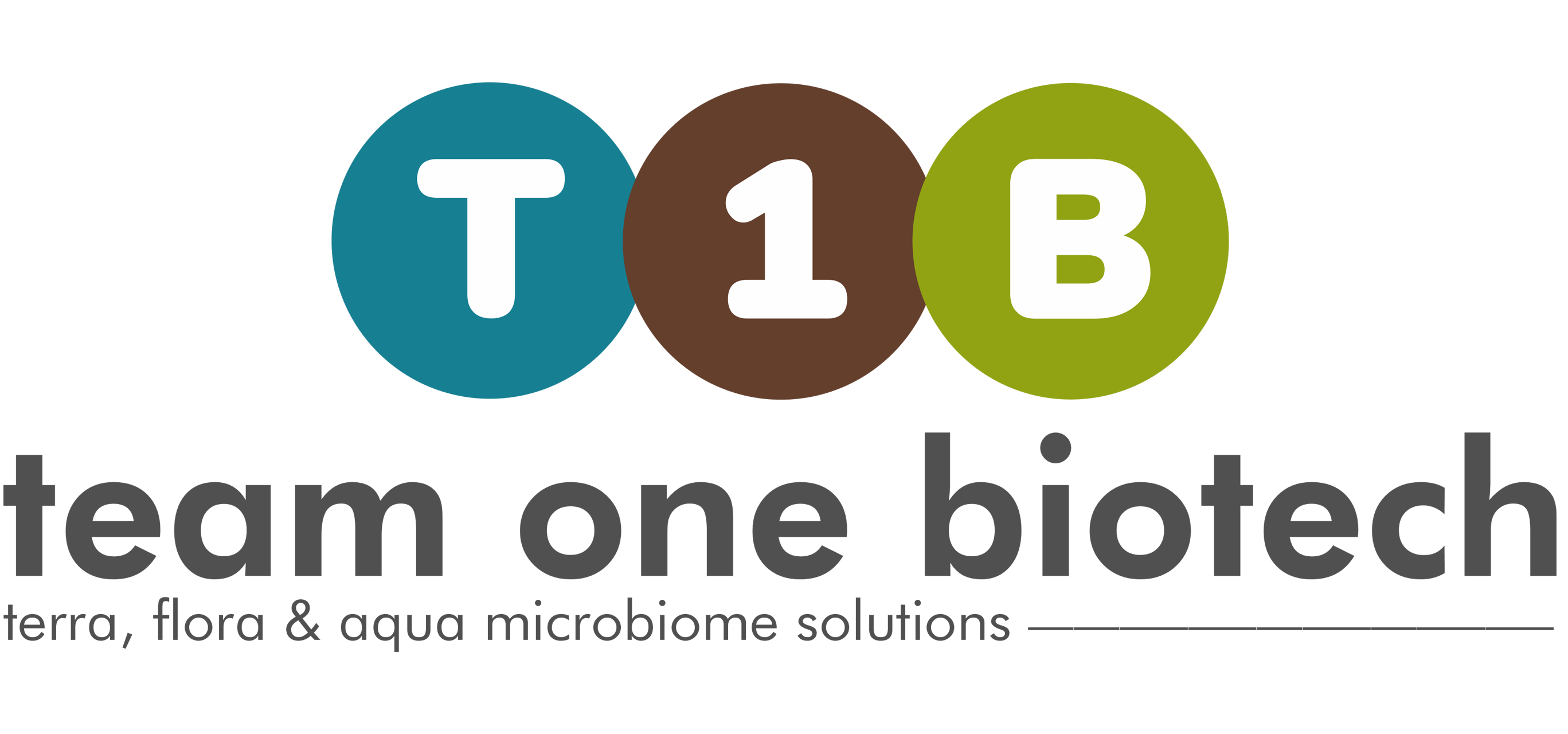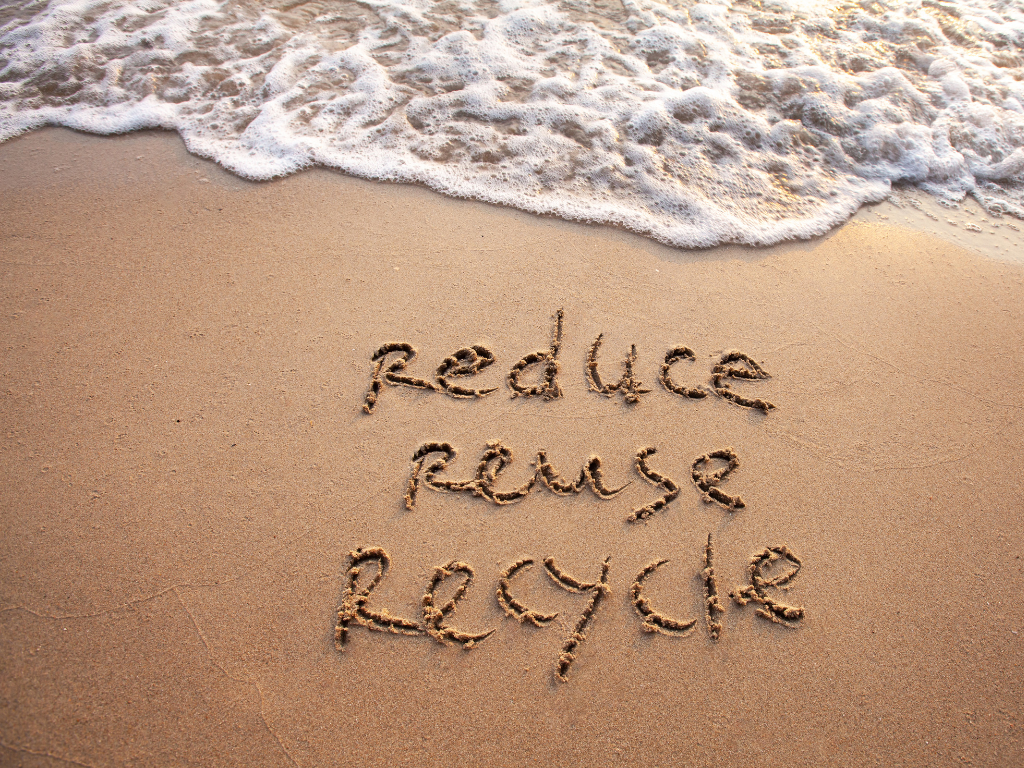Reuse of treated wastewater in various sectors
No need to say that today water is the most precious resource. In many parts of the world, water scarcity is becoming an increasingly critical issue to an extent that in future it can lead to war between people and nations. Reuse of treated wastewater is one of the solution to overcome this. Lets explore the benefits and challenges of reusing treated wastewater
There are multiple benefits of using treated wastewater
- Reuse of treated wastewater can help to conserve water resources by reducing the demand for freshwater sources. This directly lowers the load on our natural resources.
- Reusing treated wastewater can provide a more reliable and secure water supply, especially in regions with high water scarcity.
- Reusing treated wastewater can reduce the impact on the environment by reducing the amount of wastewater discharged into water bodies and reducing the demand for freshwater sources. A very good example of this is the use of treated wastewater in the construction and building industry.
- Reusing treated wastewater can be more cost-effective than treating and discharging it.
Applications of Treated Wastewater Reuse
- Agriculture: Reusing treated sewage in agriculture can provide a reliable source of water for irrigation. It can also provide the needed nutrients to a great extent thus reducing the demand for freshwater sources and also lowering their fertilizer cost with improved crop yields.
- Industrial: Reusing treated wastewater in industrial processes can reduce the demand for freshwater sources and provide a cost-effective alternative to traditional water sources. A very good example of this is a group of textile industries generating around 10 to 13 MLD of wastewater. All of this 10 to 13 MLD is being treated in a CETP and is reused by the same textile units in their process. The cost of reusing this treated wastewater is a fraction of what they would have to pay otherwise.
- Municipal: Reusing treated sewage by various municipal corporations for their landscape irrigation can provide a reliable and cost-effective source of water.
While there are benefits to use of treated wastewater there are also challenges and concerns that need to be addressed.
Health concerns: Treated wastewater may contain pathogens and pollutants that can pose a health risk if not properly treated and managed. This becomes extremely important that all the treated wastewater or sewage being reused needs to follow the respective pollution board guidelines.
Public perception: General public has a very wrong perception of the reuse or recycling of sewage. It is important to have a confidence-building exercise by the stakeholders thus ensuring public acceptance of its use.
Regulatory barriers: Regulations governing the use of treated wastewater can be complex and vary between different regions, making it challenging to implement reuse programs.
Infrastructure requirements: Reusing treated wastewater requires a significant investment in infrastructure to treat, store, and distribute the water, which can be a significant barrier to adoption. Having decentralized solutions to this can be a good start.

